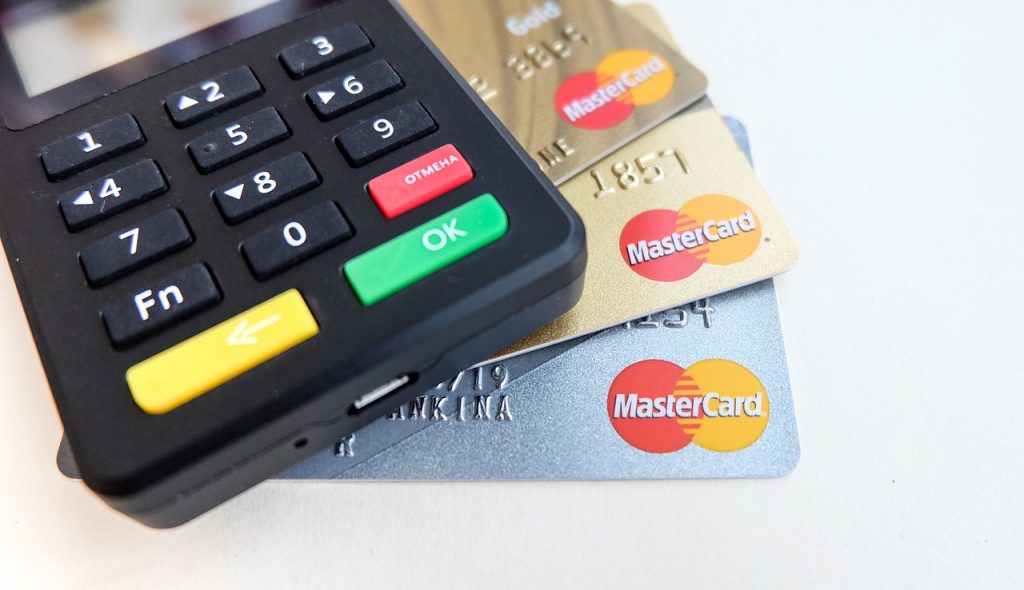One of the most critical factors for internet users is privacy. Keeping our data and personal information safe from intruders today is simply a necessity. There are many methods that hackers can use to deploy their threats and put their victims at risk. However, there are also many tools that we can use to maintain privacy, as well as essential tips that we should take into account. We are going to talk about how you can protect yourself and your business with these best anti-spam solutions.
Table of Contents
Privacy is constantly at risk:
It is a reality that our data and personal information have the great value on the internet. This makes many marketing companies look for ways to collect all kinds of data to include users in advertising campaigns or even sell personal details to third parties.
We have seen cases of large online platforms and well-known services that have exploited user data in order to profit. This logically makes users look for possibilities to prevent their information from being leaked. The problem is that we live in a time where we display a lot of information and there are also many methods for collecting it.
We are going to give a series of fundamental tips to avoid being victims of situations that put our privacy at risk. Some recommendations are intended for keeping our data safe on the network.
Tips to protect privacy online:
1. Encrypt accounts and files correctly:
Something basic to protect our privacy on the network is to correctly encrypt accounts and files. For this, we should use strong and complex passwords which consist of uppercase and lowercase case letters, numbers, and special symbols.
An option that is increasingly present is to use two-factor authentication. In this way, we will create an extra security barrier to avoid intruders in our accounts. It means that a second password is necessary to log in, a code received by SMS, for example.
2. Do not give more information than is necessary:
An essential piece of advice is not to give more information than is necessary. When we are registering online, it is normal that they ask us for a series of data. We may not want or need to provide more information than is actually necessary to use a service. This could help us protect our accounts.
3. Beware of public networks:
When connecting to the internet, we can also compromise our privacy depending on the type of networks we use. It is always very important to avoid open public networks and those that may be a threat.
Important advice to be followed is to use a VPN service when we browse public networks. Thus, our connection will be correctly encrypted and our data will be safe.
4. Social networks, a source of much information:
Without a doubt, one of the places where our data can be most at risk is social networks. There we can show a lot of personal information, such as our tastes, the pages we follow, the photos we upload, etc. This should be taken into account if we want to preserve our data.
You have to avoid bots on social networks. It is also essential to be aware of the privacy and security measures that we can use, such as making our account private and not opening it to everyone.
5. Read the terms and conditions carefully when registering:
Finally, one more tip to take care of privacy is to always read the terms and conditions when you are registering on an online platform or aiming to use it. There is a lot of data that can be requested from us and they will not always end up in good hands. We should be especially cautious when we transfer our personal details to third parties or who can use them.
Quick tips to avoid internet scams:
Phishing is one of the most common cyber fraud methods. Victims of this scam receive an email, SMS, or phone call that appears to come from an authentic source, such as a bank or online store. The message is often designed to trick them into sharing sensitive information. In this case, we recommend using the PhoneHistory service. This website provides all details of the person/sender including personal and business records, such as contact numbers, addresses, location history, and much more.
Although the younger generations have been born and raised with the internet, don’t think that online safety is in their veins. Surprisingly, a report notes that millennials are more likely to lose money due to online scams than those over 40. With this in mind, what are the best ways to avoid online scams? These are our top and quick tips to protect your and your business:
– Familiarize yourself with the techniques most used by criminals. For them, it is almost impossible to fool someone who knows the rules of the game.
– Research the people or companies that contact you. Whether it’s a potential match on a dating site, a company on LinkedIn, or a representative from a charity asking for donations, you need to question their motivation.
– Always keep your personal data protected. You have to be very careful whenever someone asks you for your payment or your personal information.
– Be careful when you buy online. Research the website if you don’t know it and make sure its payment service is secure (for example, look for the lock symbol in the navigation bar). Regarding auction portals, check the user’s registration date and their sales or purchase history. In addition, using an online bank that offers additional security can add another layer of security that will be very useful for you.
– Check the privacy settings of your social networks. You can become a victim of criminals if your data is visible to everyone on the internet, so check your settings and limit the details that are shared publicly.
– Beware of the bargains and offers on the internet. This includes job offers, discount codes, cheap travel, gifts, or excessive discounts on expensive items.

